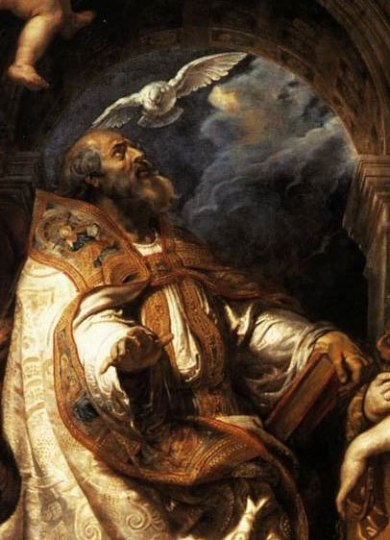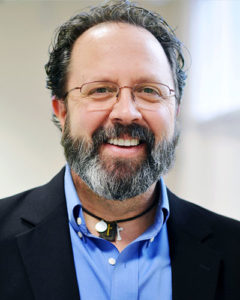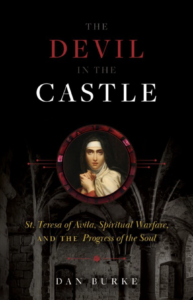Podcast: Play in new window | Download (Duration: 9:46 — 6.8MB) | Embed
Subscribe: Apple Podcasts | Spotify | Amazon Music | Android | Pandora | iHeartRadio | JioSaavn | Podchaser | Gaana | Podcast Index | Email | TuneIn | Deezer | Anghami | RSS | More
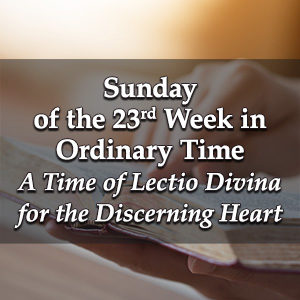 Sunday of the Twenty-Third Week in Ordinary Time – A Time of Lectio Divina for the Discerning Heart Podcast
Sunday of the Twenty-Third Week in Ordinary Time – A Time of Lectio Divina for the Discerning Heart Podcast
As you begin, take a deep breath and exhale slowly. For at least the next few moments, surrender all the cares and concerns of this day to the Lord.
Say slowly from your heart “Jesus, I Trust In You…You Take Over”
Become aware that He is with you, looking upon you with love, wanting to be heard deep within in your heart…
From the Holy Gospel According to St. Mark 7:31-37
Returning from the district of Tyre, Jesus went by way of Sidon towards the Sea of Galilee, right through the Decapolis region. And they brought him a deaf man who had an impediment in his speech; and they asked him to lay his hand on him. He took him aside in private, away from the crowd, put his fingers into the man’s ears and touched his tongue with spittle. Then looking up to heaven he sighed; and he said to him, ‘Ephphatha’, that is, ‘Be opened.’ And his ears were opened, and the ligament of his tongue was loosened and he spoke clearly. And Jesus ordered them to tell no one about it, but the more he insisted, the more widely they published it. Their admiration was unbounded. ‘He has done all things well,’ they said ‘he makes the deaf hear and the dumb speak.’
What word made this passage come alive for you?
What did you sense the Lord saying to you?
Once more give the Lord an opportunity to speak to you:
Returning from the district of Tyre, Jesus went by way of Sidon towards the Sea of Galilee, right through the Decapolis region. And they brought him a deaf man who had an impediment in his speech; and they asked him to lay his hand on him. He took him aside in private, away from the crowd, put his fingers into the man’s ears and touched his tongue with spittle. Then looking up to heaven he sighed; and he said to him, ‘Ephphatha’, that is, ‘Be opened.’ And his ears were opened, and the ligament of his tongue was loosened and he spoke clearly. And Jesus ordered them to tell no one about it, but the more he insisted, the more widely they published it. Their admiration was unbounded. ‘He has done all things well,’ they said ‘he makes the deaf hear and the dumb speak.’
What did your heart feel as you listened?
What did you sense the Lord saying to you?
Once more, through Him, with Him and in Him listen to the Word:
Returning from the district of Tyre, Jesus went by way of Sidon towards the Sea of Galilee, right through the Decapolis region. And they brought him a deaf man who had an impediment in his speech; and they asked him to lay his hand on him. He took him aside in private, away from the crowd, put his fingers into the man’s ears and touched his tongue with spittle. Then looking up to heaven he sighed; and he said to him, ‘Ephphatha’, that is, ‘Be opened.’ And his ears were opened, and the ligament of his tongue was loosened and he spoke clearly. And Jesus ordered them to tell no one about it, but the more he insisted, the more widely they published it. Their admiration was unbounded. ‘He has done all things well,’ they said ‘he makes the deaf hear and the dumb speak.’
What touched your heart in this time of prayer?
What did your heart feel as you prayed?
What do you hope to carry with you from this time with the Lord?
Our Father, who art in heaven,
hallowed be thy name.
Thy kingdom come.
Thy will be done on earth, as it is in heaven.
Give us this day our daily bread,
and forgive us our trespasses,
as we forgive those who trespass against us,
and lead us not into temptation,
but deliver us from evil.
Amen

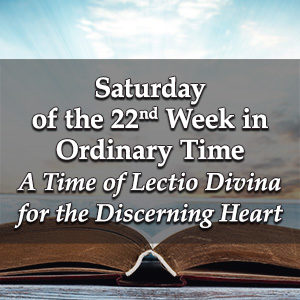 Saturday of the Twenty-Second Week in Ordinary Time – A Time of Lectio Divina for the Discerning Heart Podcast
Saturday of the Twenty-Second Week in Ordinary Time – A Time of Lectio Divina for the Discerning Heart Podcast
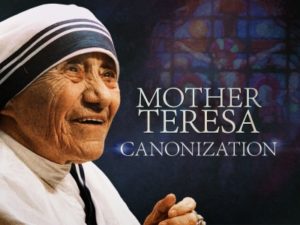
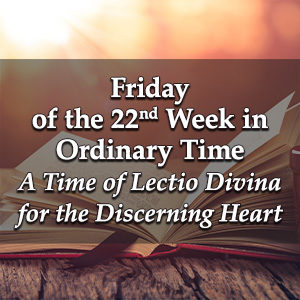 Friday of the Twenty-Second Week in Ordinary Time – A Time of Lectio Divina for the Discerning Heart Podcast
Friday of the Twenty-Second Week in Ordinary Time – A Time of Lectio Divina for the Discerning Heart Podcast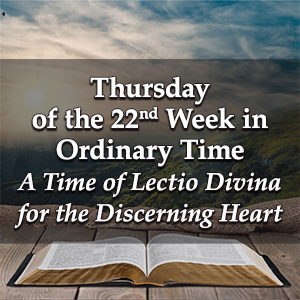 Thursday of the Twenty-Second Week in Ordinary Time – A Time of Lectio Divina for the Discerning Heart Podcast
Thursday of the Twenty-Second Week in Ordinary Time – A Time of Lectio Divina for the Discerning Heart Podcast Ninth Day – Holiness is Jesus Living and Acting in Me
Ninth Day – Holiness is Jesus Living and Acting in Me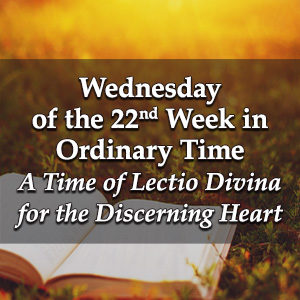 Wednesday of the Twenty-Second Week in Ordinary Time – A Time of Lectio Divina for the Discerning Heart Podcast
Wednesday of the Twenty-Second Week in Ordinary Time – A Time of Lectio Divina for the Discerning Heart Podcast
